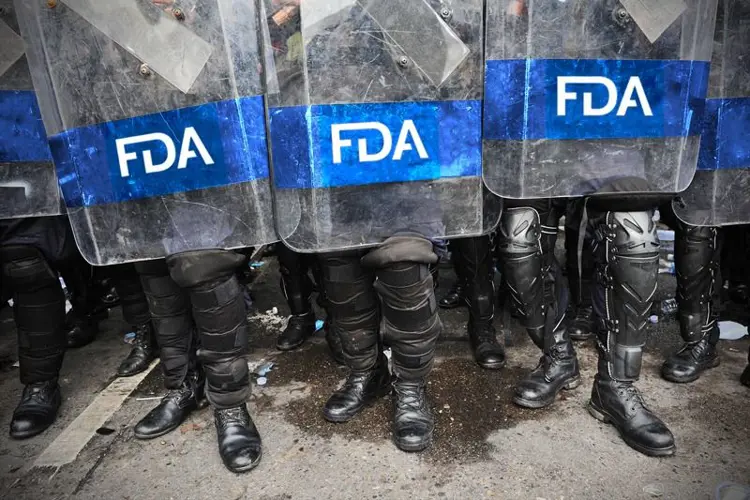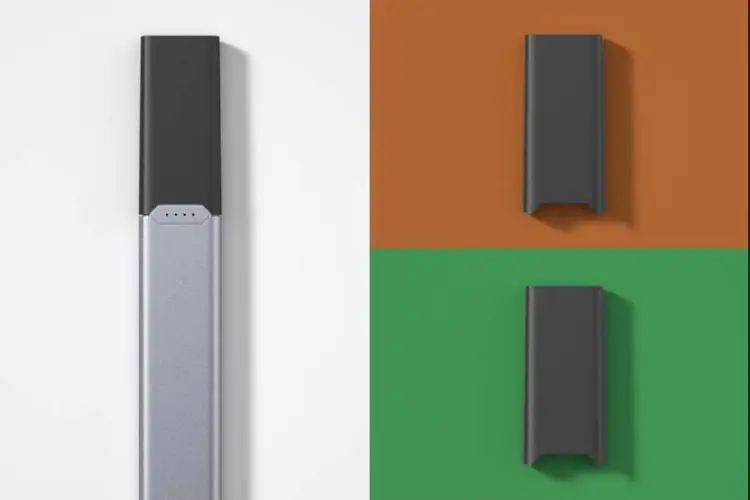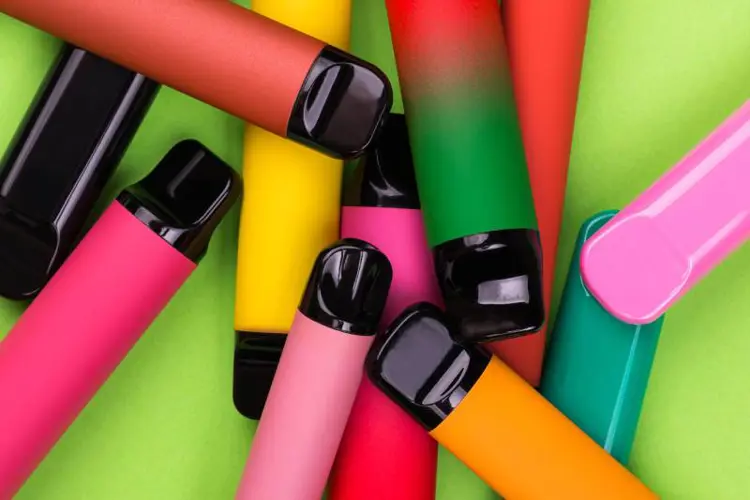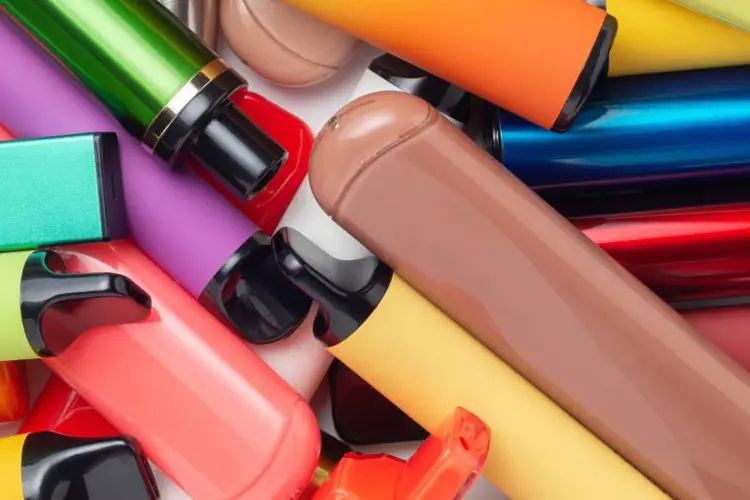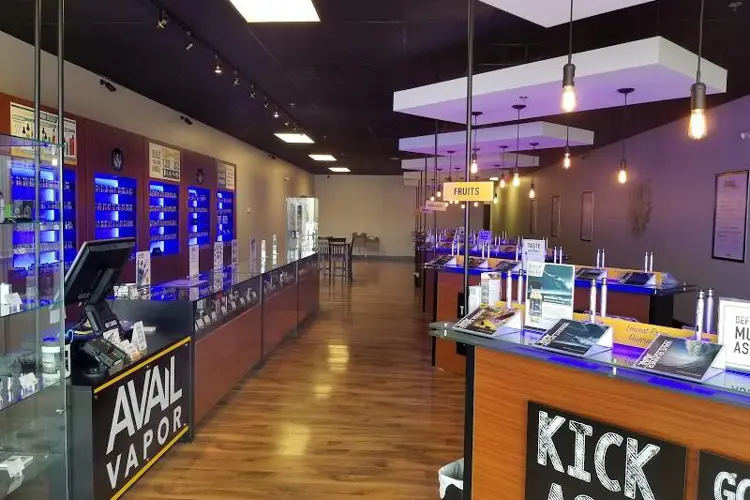The first premarket tobacco application (PMTA) for an e-liquid-based vaping product has finally been submitted to the FDA. As expected, the application comes from a tobacco company, Reynolds American Inc. (RAI, best known as RJ Reynolds).
The application covers “multiple individual products, including several flavors, in the VUSE Solo category,” according to an email from an RAI spokesperson. The Solo is the oldest Vuse product, a cigalike device that uses prefilled cartomizers (“cartridges”).
RAI, which is now owned by British American Tobacco (BAT), sells several cartridge-, tank-, and pod-based vaping products under the Vuse brand in the U.S. The company is more widely known for its Camel, Newport, and Natural American Spirit cigarette brands.
“The sad fact is that the only way a manufacturer of a reduced-harm nicotine delivery product can navigate the complex American tobacco regulatory system is to have a successful business selling cigarettes,” said American Vaping Association President Gregory Conley. “The vape shops across the country that FDA and HHS are seeking to put out of business don't have the luxury of selling billions of dollars of cigarettes every year.”
Since the Deeming Rule became law, no manufacturer has tried for FDA approval with an e-liquid-based vaping product.
It’s not certain whether the Solo was chosen as the first product to submit for FDA marketing approval because it is the oldest (and therefore the best-studied) device, or because RAI is fearful that FDA will not approve its more effective pod-based Vuse Alto or tank-based Vibe products.
The fact that the tobacco company submitted flavored cartridges for approval is especially interesting, and raises questions for independent manufacturers interested in applying:
- Will the FDA approve flavors in a relatively weak cigalike product like the Solo, but deny them in a more powerful, high-nicotine pod vape, or in bottled e-liquid?
- Is the essentially tamper-proof design of the Solo cartridges a prerequisite for flavored product approval?
- Can small manufacturers afford to produce research sufficient to give the FDA cover for approving open-system products like bottled e-liquid?
- How will the Trump administration’s announced flavor ban affect PMTA approval?
Those questions may not be answered in time to be of much help to small vape companies though. RAI’s application must be accepted for review, and then be evaluated by FDA staff, a process that could take longer than the seven months before all vape manufacturers must submit PMTAs for each product or remove them from the market.
The new deadline for PMTA submission is May 11, 2020. That is the date mandated by a federal judge in a ruling earlier this year. The judge in that case recently granted vaping industry applicants the right to intervene and challenge the decision. And the Vapor Technology Association (VTA) is also suing to prevent the FDA from enforcing the new deadline.
Regardless of which kind of product is being submitted for approval, the cost and complexity of the process put approval out of reach for most vaping companies.
It was RAI’s comment to the FDA regarding the original 2014 iteration of the Deeming Rule that gave the agency a blueprint for eliminating the hard-to-regulate independent industry. RAI told the FDA that open-system vapes (refillable vape products) should be banned, and that vape shops should be considered tobacco manufacturers. There is no way for the FDA to properly assess open-systems, said RAI, because products that can be combined in different ways offer users too many choices.
“Unlike closed-system products,” said Reynolds, “open-system products are highly customizable. As a result, there is no way to adequately evaluate how such a product will work or to establish whether consistency of product composition and quality can be maintained.”
FDA took the cigarette company’s suggestions to heart. The final Deeming Rule, rolled out in 2016, made clear that open-system products would have a difficult path to approval, and that the FDA would favor self-contained devices without interchangeable parts.
Since the Deeming Rule became law, no manufacturer has tried for FDA approval with an e-liquid-based vaping product. The only inhalable product that has been submitted is Philip Morris International’s heat-not-burn tobacco product IQOS, which finally received approval from the FDA in April, after more than two years of deliberation. PMI reportedly spent billions of dollars on the research that went into its application. Only plain tobacco and menthol flavored IQOS refills were submitted for approval by the FDA.
Obviously, no e-liquid manufacturer has the financial resources to match RAI’s multi-million dollar research investment.
Regardless of which kind of product is being submitted for approval, the cost and complexity of the process put approval out of reach for most vaping companies. FDA’s recently released PMTA guidance describes application requirements far beyond the ability of small manufacturers to meet. RAI says its application for the Vuse Solo products includes more than 150,000 pages of documentation.
"Today's application marks the culmination of years of hard work across multiple teams, involving more than 100 individuals, including dozens of Ph.D. team members collaborating every day, with a substantial financial investment," said RAI executive vice president James Figlar.
Obviously, no e-liquid manufacturer has the financial resources to match RAI’s multi-million dollar research investment. But in the current political climate, it’s questionable whether any amount of money and time would be enough to convince the FDA that flavored products are “appropriate for the protection of public health,” which is the standard for PMTA approval.
And even if a small vape company could afford the research that is needed for an application, just about none of them can afford the delay between submission and approval. Vape manufacturers don’t have other product lines—like cigarettes—to fall back on if their vapor products are rejected by the FDA.
“The vape shops across the country that FDA and HHS are seeking to put out of business don't have the luxury of selling billions of dollars of cigarettes every year,” says Gregory Conley.
By the way, if you were wondering whether cigarette manufacturer RAI has changed its tune since its 2014 regulatory advice to the FDA, the answer is no. “We continue to support the FDA's efforts to create, implement and enforce a science and rule-based regulatory regime to protect the public health," says RAI CEO Ricardo Oberlander.
The Freemax REXA PRO and REXA SMART are highly advanced pod vapes, offering seemingly endless features, beautiful touchscreens, and new DUOMAX pods.
The OXVA XLIM Pro 2 DNA is powered by a custom-made Evolv DNA chipset, offering a Replay function and dry hit protection. Read our review to find out more.
The SKE Bar is a 2 mL replaceable pod vape with a 500 mAh battery, a 1.2-ohm mesh coil, and 35 flavors to choose from in 2% nicotine.
Because of declining cigarette sales, state governments in the U.S. and countries around the world are looking to vapor products as a new source of tax revenue.
The legal age to buy e-cigarettes and other vaping products varies around the world. The United States recently changed the legal minimum sales age to 21.
A list of vaping product flavor bans and online sales bans in the United States, and sales and possession bans in other countries.







